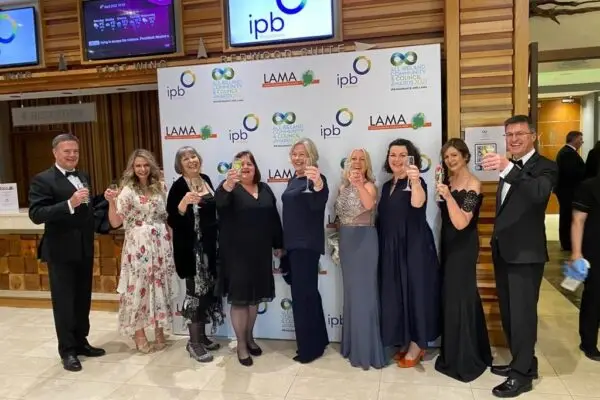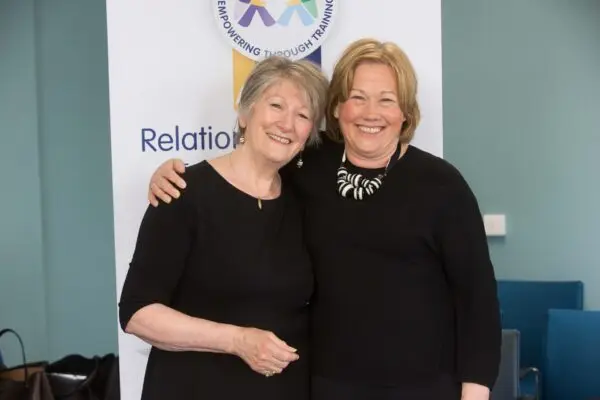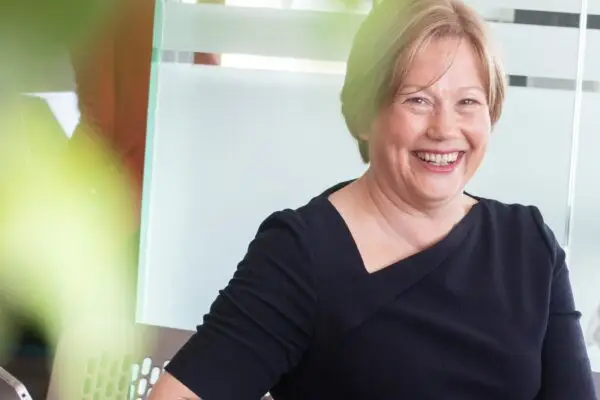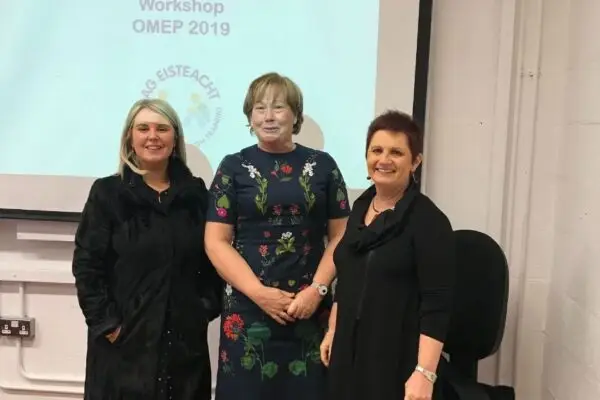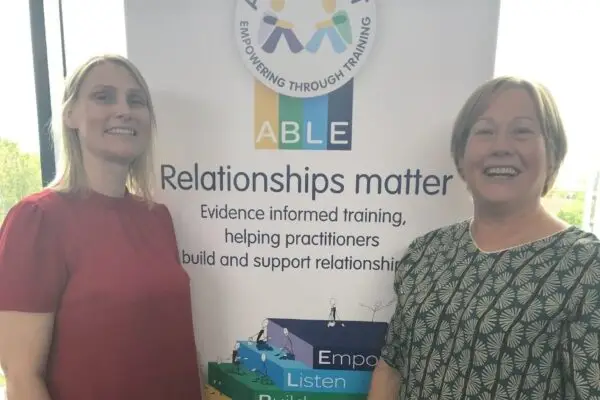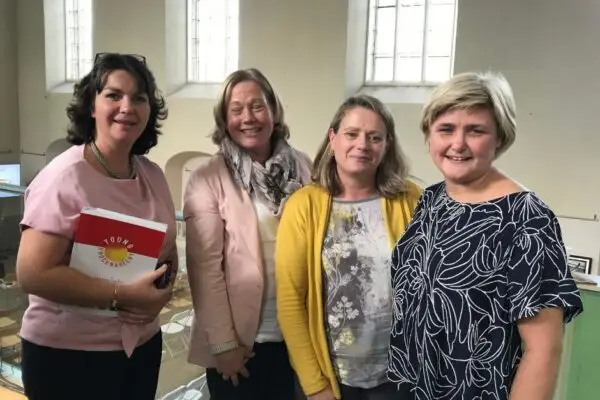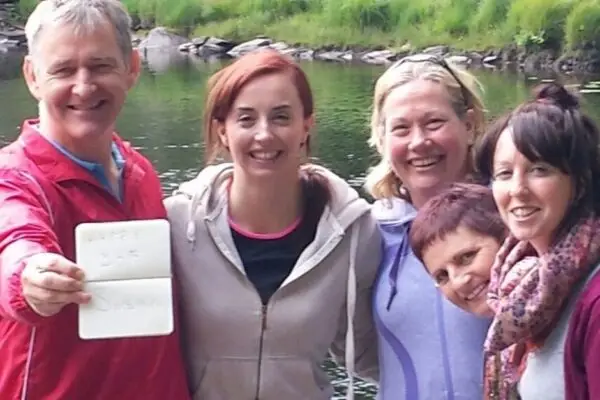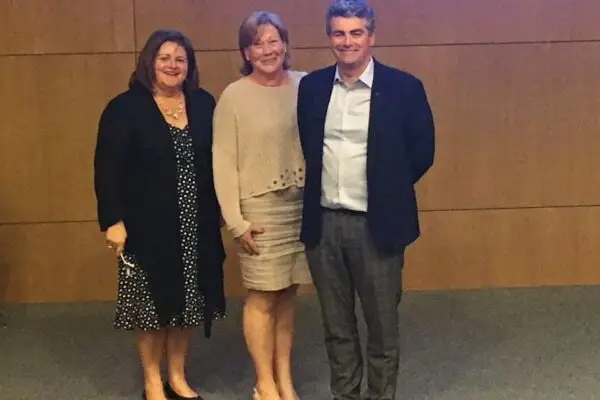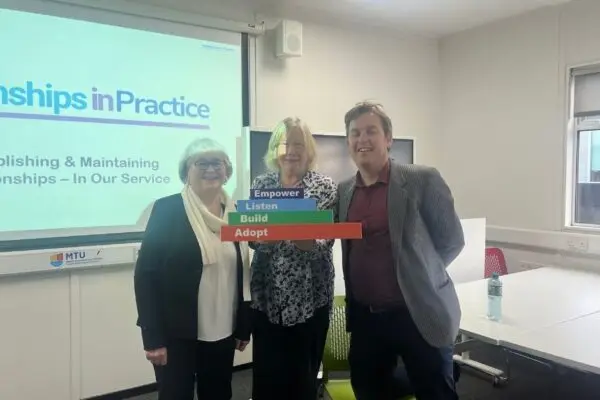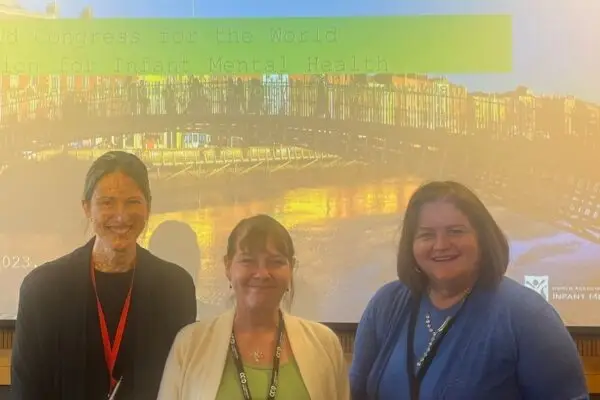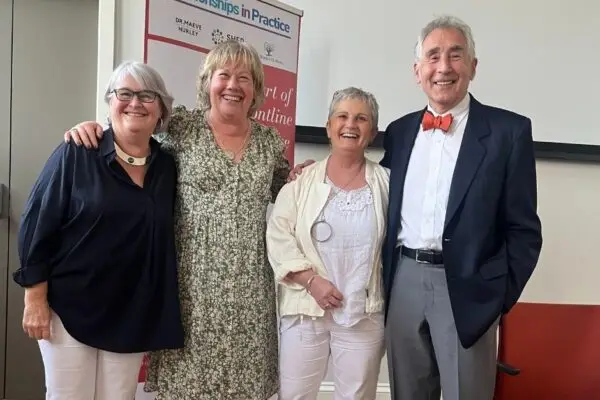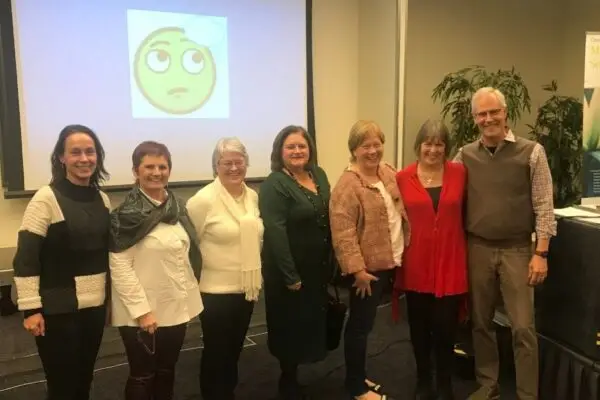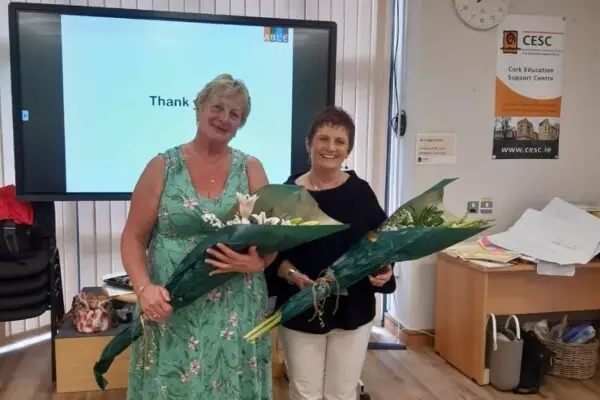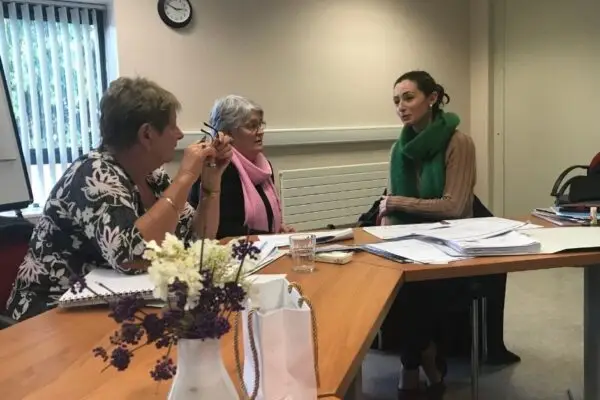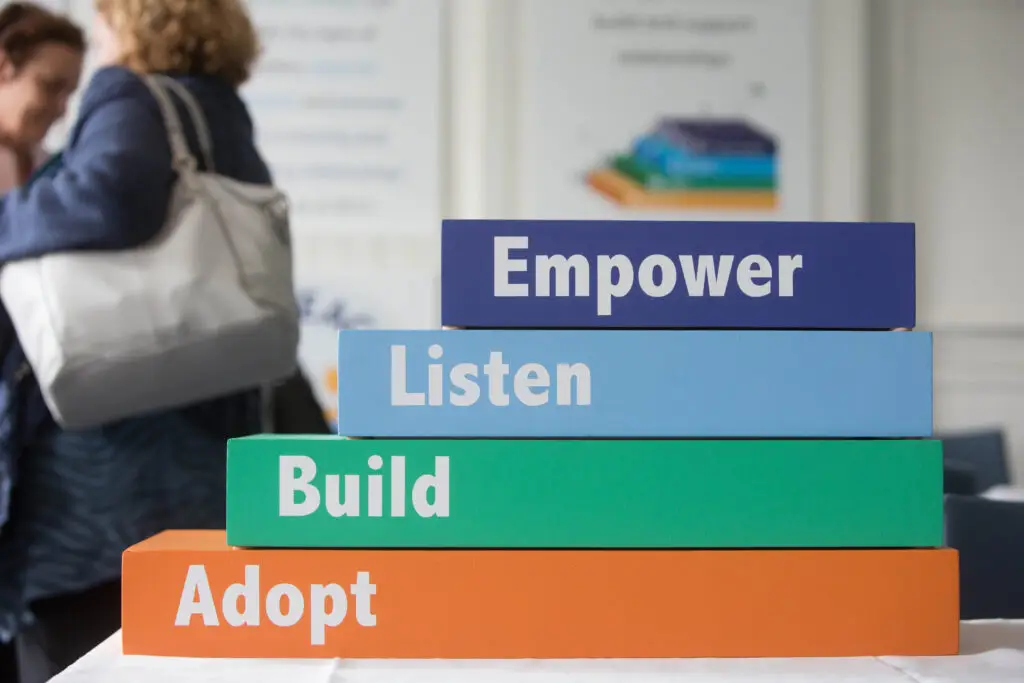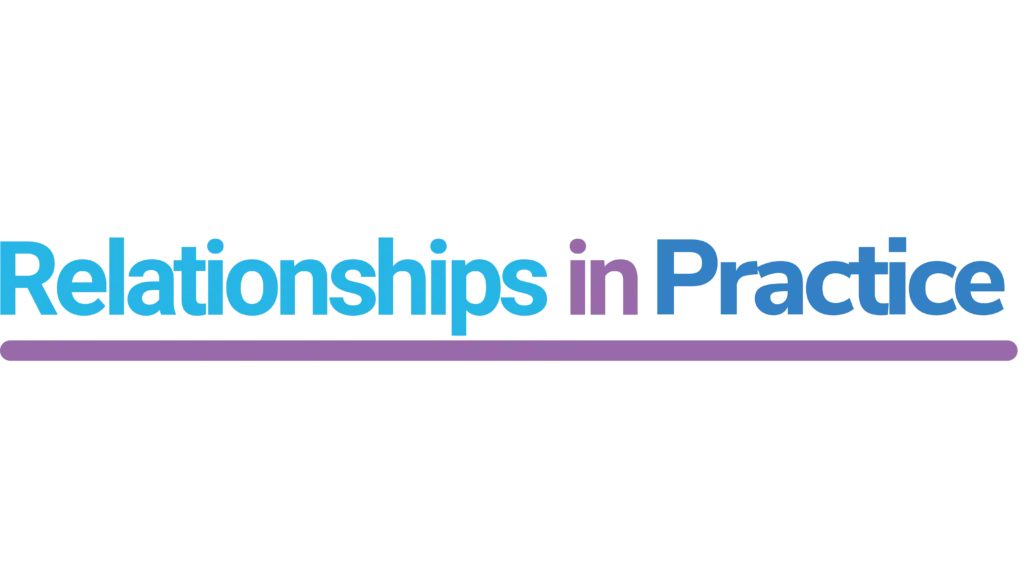
Training
Our evidence-informed training programmes are all based on ABLE (Adopt a relational approach, Build and Boundary, Listen and Empower & End), a brief intervention model we have developed to support quality relationships in practice.
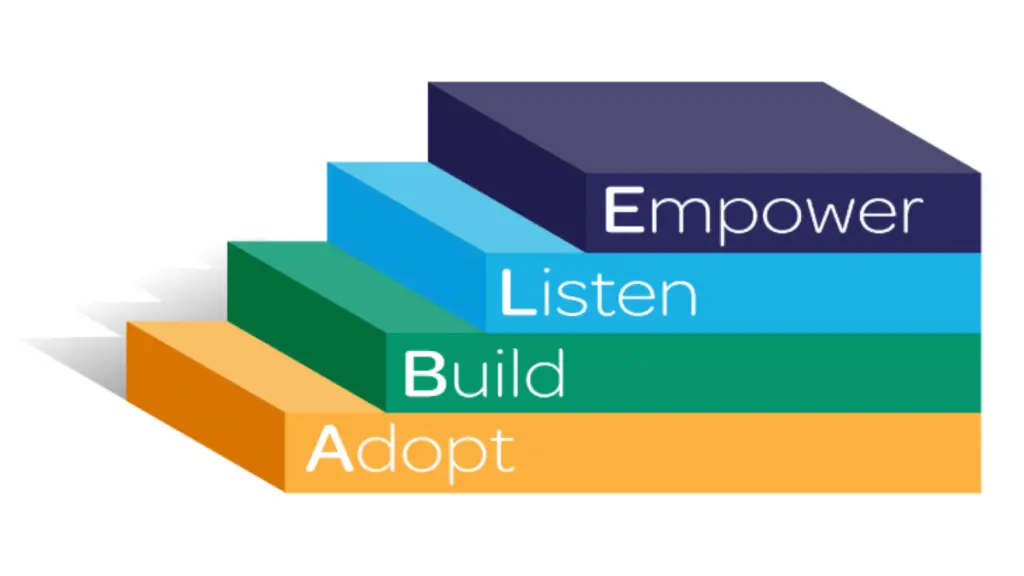
“With effective training it is possible to build a relationally capable workforce that is relationally-minded, can identify the signs of difficulties, respond appropriately and promote ways of protecting and strengthening relationships”
Coleman et al 2013
Our ABLE Model
What is ABLE?
ABLE (Adopt a relational approach, Build, Listen & Empower) is a brief intervention training model that helps to equip you with a framework you can use to support clients who turn to you for help.
Relationships matter. Relationships in practice matter. Studies show that practitioners’ ability to listen, understand and empathise impacts positively on health and wellbeing outcomes. We provide you with the training and opportunity to develop those skills.
Our accredited ABLE training courses include emerging scientific insights from the fields of relationship theory, Parent-Infant Mental Health, Childhood Development, and Interpersonal Neurobiology, to help you understand what may be going on for the children and adults you engage with at work.
Our courses have been developed and fine-tuned over many years. This is in response to changes in knowledge and research, and in response to feedback and evaluations from our trainers, participants and commissioners. Each course is designed for specific practitioners, with relevant scenarios and content to help you to identify with situations in your routine work.
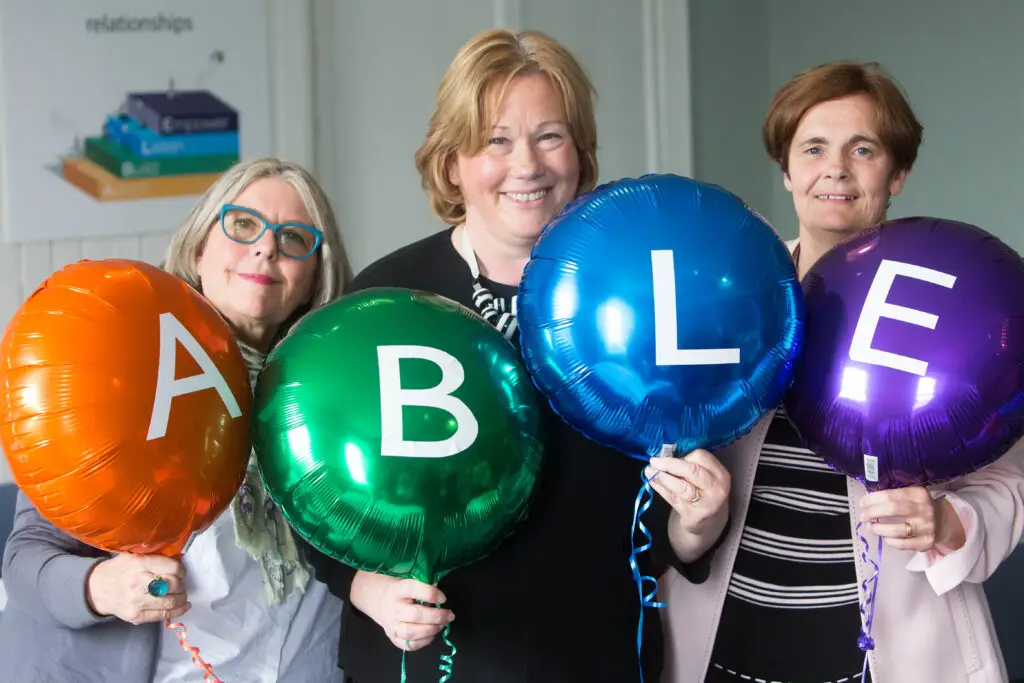
What does ABLE give you?
• Interpersonal skills and knowledge to help build your confidence in engaging with service users so that you can develop relationships of trust.
• A framework to manage your boundaries of time, role and competence during difficult interactions so that you can look after your own wellbeing.
Continuous Professional Development
Our three-day ABLE brief intervention training covers 16.5 learning hours. Courses are certified and practitioners may apply for Continuous Professional Development (CPD) from their relevant bodies. We welcome opportunities to apply for accreditation with relevant bodies where appropriate.
Our Target group
Our target group is frontline practitioners, the people we meet in routine practice across our life cycle, for example, Public Health Nurses, Healthcare workers, General Practitioners, Midwives, Practice Nurses, Childcare Workers, Teachers, Special Needs Assistants, Lecturers, Audiology Practitioners, Youth Workers, Social Care Workers, Family Support Workers, and Infant Mental Health Workers.
Some families may meet more specialist services, such as disability services, Children’s Disability Network Teams (CDNT), homeless services, Occupational Therapists (OT), Speech and Language Therapists (SLT), mental health services, School Completion Programme (SCP) workers, and Home School Community Liaison (HSCL) coordinators.
ABLE4Practitioners
3-day ABLE
1-day ABLE
ABLE for Managers
ABLE4Education
ABLE4SchoolLeaders
ABLE4Teachers Summer Course
ABLE4Educators
Modules
We have developed short modules, each suitable for 2-3 hours, specifically designed for various sectors:
• Teachers
• GP training schemes
• General audiences
